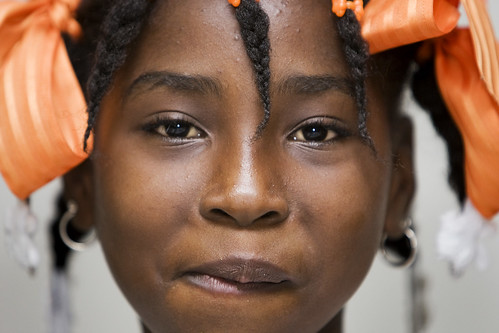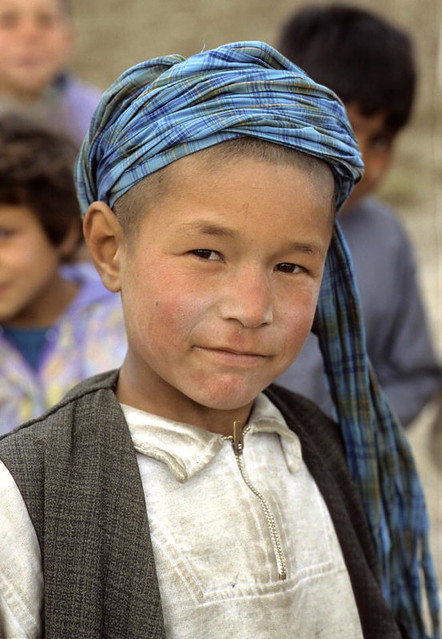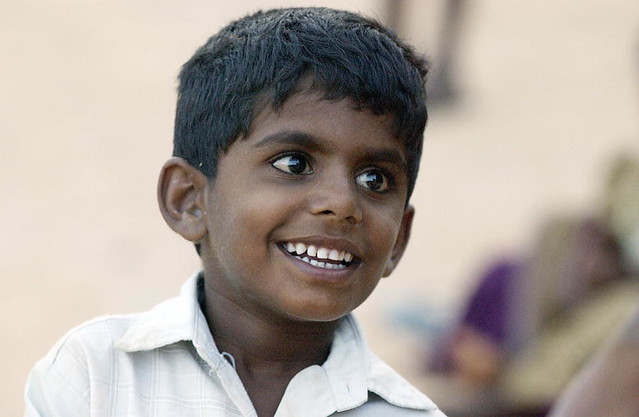Female CEOs always make headlines (recently GM,
Yahoo). Several media outlets have spent much
space lately to commentary on women
in science. Few would bury their heads in sand and deny the gender
disparities in the workplace and outside. And there is no dearth of arresting
visual statistics on the yawning gender gaps.
If you thought gender parity is the only reason we need more #WomeninScience:
http://t.co/cR7Acx1lLr
http://t.co/PcgUyekuWi
— Sachin Kumar Badkas (@voxveri) May 9, 2014
But the analysis that proclaims the gaps rests on
assumptions that rarely figure in the discourse. Observers speak of vocations
and industries missing out on “half
the population”. If I were to ask for a pause to consider the assumptions,
you might dread this is headed towards unsavoury territory. But bear with me. The
conversation on gender representation in vocations is generally driven by
discussion of ability and opportunity. What about interest?
Both opportunity and ability seem easier questions to engage with than interest. Opportunities are not equal for the genders, period. We know
that. No question. The question of equal ability only has pieces unsolved that
are both too trivial and too pointless to discuss. The scarce evidence from
neuroscience is for minor and poorly
understood differences, and moreover, even finding significant differences would
give no ground for prejudice in single cases.
Interest is different. Unlike innate aptitude or
opportunity, one does not make a normative argument: everyone is not expected
to be equally interested in everything. Quite to the contrary, the only
normative claim one might make is that we may not assume interest on anyone’s
part. So why make the assumption that the genders should or would be equally
interested in every vocation? Can we not make room for interest to vary despite
exactly equal aptitude? There is evidence
that given equal ability interests might indeed drive the discrepantly low
representation of women in science.
If equal interest is not assumed, then actual numbers of a
gender engaged in any occupation cannot be taken as a measure of opportunity.
Opportunity must be measured by testing provision, not uptake.
The place of women in society then is not a simple variable
to understand. Besides the question of interest, presumptions about geography
are equally rife. Genders are not quite equal anywhere, but is the picture we
have of how the gap varies by age and region accurate? Let us contrast two
regions to take a snapshot.
Across large parts of India, opportunities for young girls
are severely restricted compared to boys. Sexual assaults on young women were
always a problem but have received widespread
attention in recent years. But also in India, CEOs of about 20% of major
private banks and financial institutions happen to
be women, in contrast with virtually none in the US or the EU.
Arguably, little girls in Norway or Netherlands are no
different than boys at their school. But there is a very
real pay gap in the private sector, with disparity even more noticeable at
the higher executive levels, which is why every new female Fortune 500 CEO in
the US makes big news. Norway has quotas
in place for female board members in private firms that other countries in
Europe have tried to emulate.
The place of Indian women in a socio-cultural context too
appears to be different from the West. It may not be the best means to assess
gender parity in films, but Hindi films do significantly
better on the Bechdel Test. The test is certainly not conclusive for arguments
about culture. But precisely because the requirements on the test are so basic,
significant differences in scores do prompt one to wonder. It would seem that
Hindi films are more likely to have named female characters discussing women
than English films.
Given that it is difficult variable, gender differences
between vocational inclinations would likely be very difficult to disentangle
from all the noisy confluence of factors. Sure, we must continually strive to
ensure that opportunities are not skewed or denied. But the uptake of those
opportunities might not be the best way to assess the results of efforts.
If it turned out that with everything else equal, women
really are less interested in a science career or editing
Wikipedia entries, that would be okay right?
Of course we must raise both boys and girls with acute awareness of gender disparity and to be on guard for biases in their own thinking and to fight unfairness when they see it. But equally, in a post-modern world, we do not wish to inhibit little girls from expressing their true interests for the fear they might fall on the wrong side of the strict line of expected equality between the genders. It should suffice to teach children not to a priori assume or expect either skills or interests of the other people based on their gender.
Of course we must raise both boys and girls with acute awareness of gender disparity and to be on guard for biases in their own thinking and to fight unfairness when they see it. But equally, in a post-modern world, we do not wish to inhibit little girls from expressing their true interests for the fear they might fall on the wrong side of the strict line of expected equality between the genders. It should suffice to teach children not to a priori assume or expect either skills or interests of the other people based on their gender.
Saudi Filmmaker Breaks New Ground With #WADJDA: http://t.co/3ApgnzCOJW Opens Friday at Varsity Cinemas in Toronto! pic.twitter.com/DqsNaPIPXm
— Mongrel Media (@MongrelMedia) October 1, 2013
In one of last year's sweetest films, 'Wadjda', when a ten-year-old girl's last recourse to earning a bicycle is thwarted, Abdullah, her next-door friend, offers her his bike. "Then how will we race?", she replies, not attempting to hide a mix of indignation and exasperation. It is an error all too common in talk of gender disparities. One assumes the problem because one of the problems is obvious. Sure it is wrong that girls should be denied bikes where boys take them for granted. But in Wadjda's case, presuming that the delivery of one bike delivers her from the specific disadvantage she wishes to overcome is prejudiced reduction. Next time, let's just ask her, shall we?





